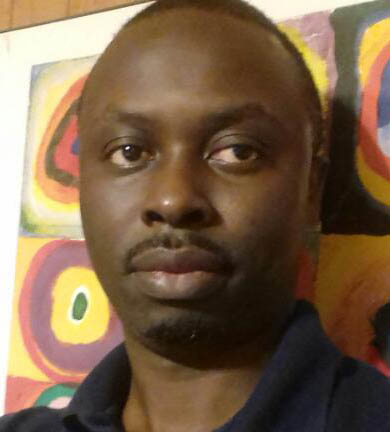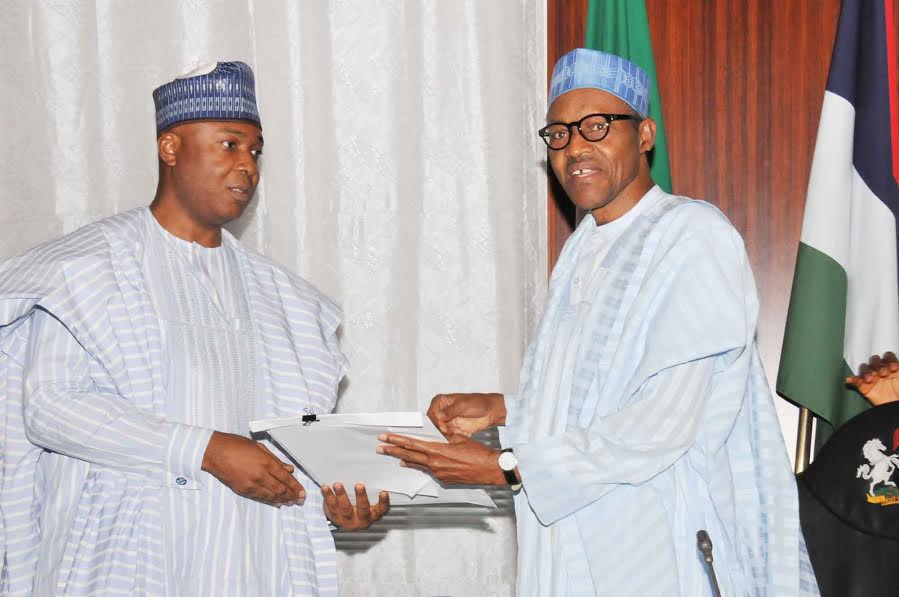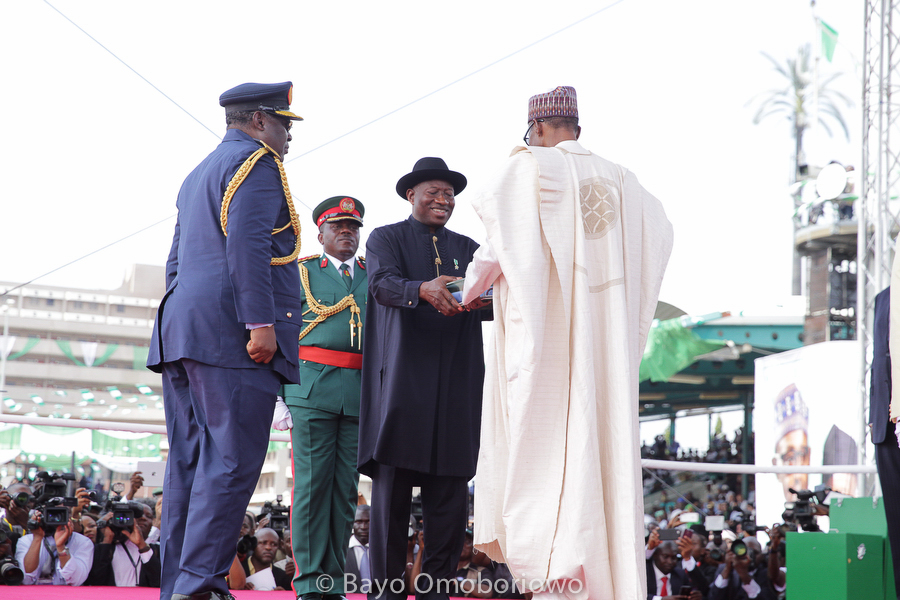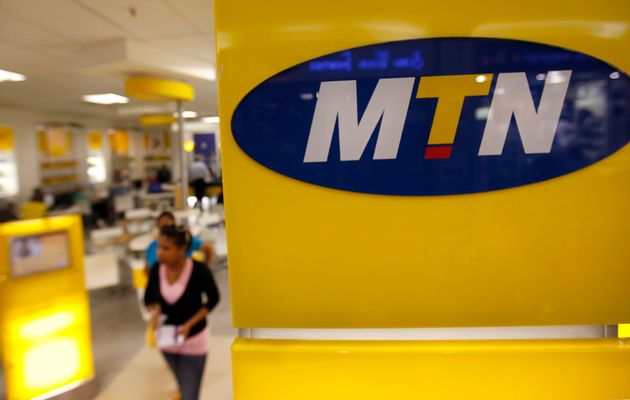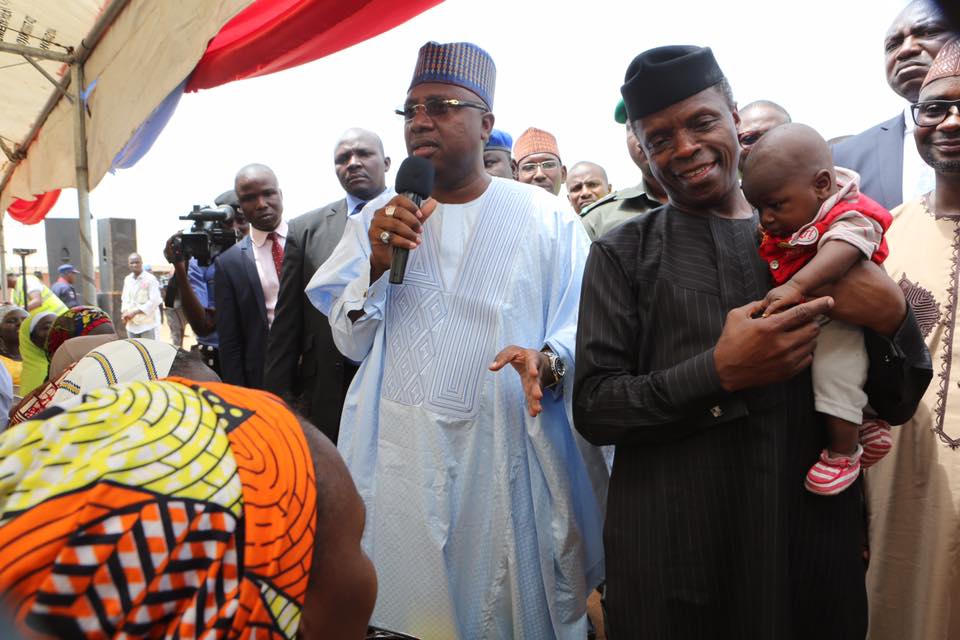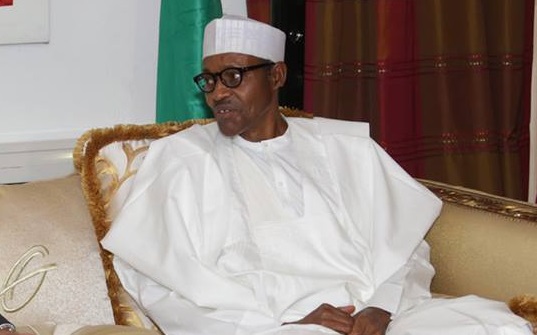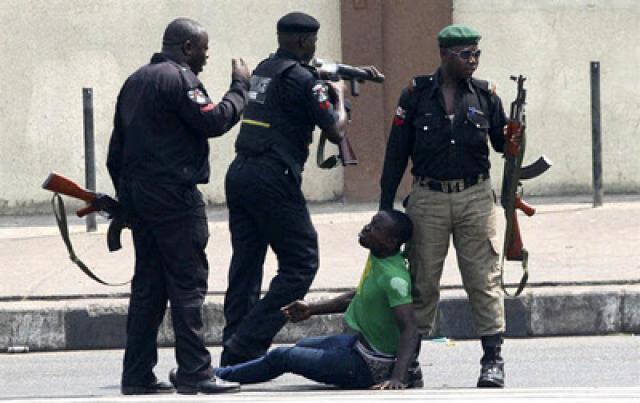We’re in 2016. But a little meditation on how we ended the year 2015 yesterday as a country faced with domestic disturbance will not be out of place on the first day of a New Year, when the ritual of New Year resolution is all around us.
Boko Haram insurgency, depressed economy, scurvy deals in government, growing unemployment and blight of Biafra, all made it to the front pages of our national dailies till the eve of a New Year.
Interestingly, those headlines didn’t go away with 2015. They are still here with us. They are seen in those kids who had whooping cough that will not go away, because the money to care for them is not available to their poor parents. They are reflected in the Chibok Girls that are yet to be accounted for nearly two years after they were kidnapped from Government Secondary School, Chibok, Borno State. They are seen in the arms scandal—that will hardly go away from our memory—for which many soldiers lost their lives and jobs. They are seen in the bonfires whose smoke continues to rise in Awka, Umudike, Umuahia, Aba, Owerri, Enugu, Onitsha and other cities of the Southeast. They are winds that will be howling for hours and days in this New Year. Really, that should scare us a little. But the reality check is that as a country we are at the intersection of failure and success.
Undoubtedly, the public is still sceptical. That is the simplest way to put it. The government is still working out the calculus: will the global prices of petrol go up or down; will the United States buy from us in 2016 or our fate is with India? Even the modulation theory of the petroleum minister, Ibe Kachikwu, in changing the pump price to at least make life bearable for Nigerians, is not doing much to make life better. The 50k reduction on the pump price of 87 naira per liter is insignificant, when Nigerians are already buying petrol at N120.
Advertisement
And this, the executive and legislative arms of the government are still locked in a battle of $38 versus less for global petrol price to agree on the 2016 budget. Question: why is our life so attached to petrodollar, despite all the seers have told us about Iran surplus and others?
The free-fall of naira and the hardship faced by millions of Nigerians in a cashless economy, where debit and credit cards in our wallets are good-for-nothing are pointing us in a direction of a New Year with no blooms on roses. The ledger is not balance on the multifaceted need of our dear country from infrastructure need to job creation. We have learned that Nigeria’sunemployment rate is growing, according to National Bureau of Statistics figures. Inflation is also rising, on fuel shortages and higher food prices.
Wouldn’t it be nice to hear that these issues and perils confronting our nation are no more there on the first day of a New Year? But there’s something to cheer us. We are at the beginning of a New Year and that should give us hope. President Muhammadu Buhari has said in his budget speech that the interest of all Nigerians shall be protected in 2016 and that is a big deal. One major reason we are where we are in a chaotic economic situation today is because the interest of a few individuals have been the focus of government rather than all Nigerians. The other part of his speech is the readiness of the government to start spending. That is another big deal, because the government’s refusal to do positive spending, because it was dealing with corruption has aggravated the pain being experienced by the economy with a backlash on the citizenry.
Advertisement
“In spite of the global economic uncertainties, we must remain steadfast in our commitment to steer the country back to greatness. The economy needs to move away from dependency on oil. Our growth must be inclusive. Nigerians must be part of the growth story. As a government, we shall provide the security, jobs and infrastructure, which are the right of all Nigerians. But, I promised the 2016 budget would address these problems. Nigeria is open for business, but the interest of all Nigerians must be protected. Tough decisions would have to be made. But this does not necessary mean increasing the level of pain already experienced by most Nigerians,” Buhari said in a conversation with Nigerian lawmakers recently.
Someone said that if government could follow the budget line by line, it will leapfrog the economy out of the current crisis that we find ourselves and I agree. The fact that we have special intervention lines that will help address the poverty in the country is something, but the reality of the implementation is what scares me in a country where we don’t have our own version of the identity numbers such as National Insurance Number (NIM) or Social Security Number (SSN) that makes easier for distribution of welfare services and tracking benefits thieves. Still, 2016 offers all one thing: a fresh-start effect.
Now, Buhari has said during his media chat on Wednesday that by the end of next quarter we will not be talking of subsidy. According to him, getting the refineries to work is his priority.
That to my mind will be a barometer to measure his success and failure. But Buhari’s statement about economy diversification strategy was unimpressive. He talked about agriculture and solid minerals, all in passing without speaking to statistics of what a turnaround in agriculture and solid minerals will bring to Nigerians and the milestones for economic recovery. He seemed not to have a full grasp of how the problems will be solved, but surely understand the problem. Buhari is overtly stuck with improving security challenges with little knowledge of economic policy, and that’s where we need to be worried.
Advertisement
To him, once the security question is out of the way, the economy will blossom naturally, but I think it takes more than that. When Ibanga Isine of Premium Times asked the question relating to the huge chunk of the budget going to overheads in Presidency and National Assembly, Buhari appeared not to be in the known.
“I turned down a N400million car proposal for the presidency. I said the cars I have are good enough for 10 years. We are having problem with the National Assembly regarding TSA. I have to hold a closed-door meeting with the National Assembly regarding the cars they are trying to buy. I hope they haven’t bought them yet. They can’t buy cars for themselves and also take money in car loans. “I can’t see the National Assembly paying 4.5 Billion Naira to buy cars after collecting transport allowance. I will revisit that story. We have to live within our means,” he said without a clear cut response on why billions of naira is still going into food and beverages for the presidency in an austere economic era.
Yes, Buhari understands how TSA works and that is what he said to have “changed” except for the challenge of getting the lawmakers to submit to the TSA policy.
How would you respond to the criticism that it is counterproductive to rely on debt to finance the 2016 budget? A question posed by a contributor via twitter and Buhari said: “What we are doing is renegotiating with those that will build infrastructure for us. We will pay over a longer period of time.China agreed to pay 70% of cost of railway projects between Lagos and Kaduna and Lagos and Calabar, but previous government failed to pay counterpart funding of 30%. You cannot get a better deal anywhere in the world.”
Advertisement
There’s no doubt that this good intention can still lead to frustration and we have examples. The debt load may in turn hurt our economy as the interest to be paid accumulates. Most of the external debts will be dollar-denominated and in the long run costs the taxpayers. In a case of China versus Kenya, there’s something for Nigeria to learn as we offer ourselves as a bride to China. Kenya had recently been heavily borrowing from China to meet its infrastructure need. That debt is now in the range of billion dollars and trillions in shillings (Kenya currency). So, in a recent month, when China devalued its currency, there was panic in Nairobi. When China swoons, the effects are felt worldwide, by the companies, industries and economies that depend on the country’s growth.
According to a report published in New York Times in July 2015 titled, China’s Global Ambition, Cash and Strings Attached, with its elevated status, China is forcing countries to play by its financial rules, which can be onerous. According to the report, “many developing countries, in exchange for loans, pay steep interest rates and give up the rights to their natural resources for years. China has a lock on close to 90 percent of Ecuador’s oil exports, which mostly goes to paying off its loans.”
Advertisement
That’s not where we want to head in Nigeria and I think this government owes us a duty to secure and not sacrifice the future. For now, it’s a fresh start in 2016 and everyone should be positive.
Follow me on Twitter@adeolaakinremi1
Advertisement
*This article first appeared in THISDAY
Advertisement
Views expressed by contributors are strictly personal and not of TheCable.
